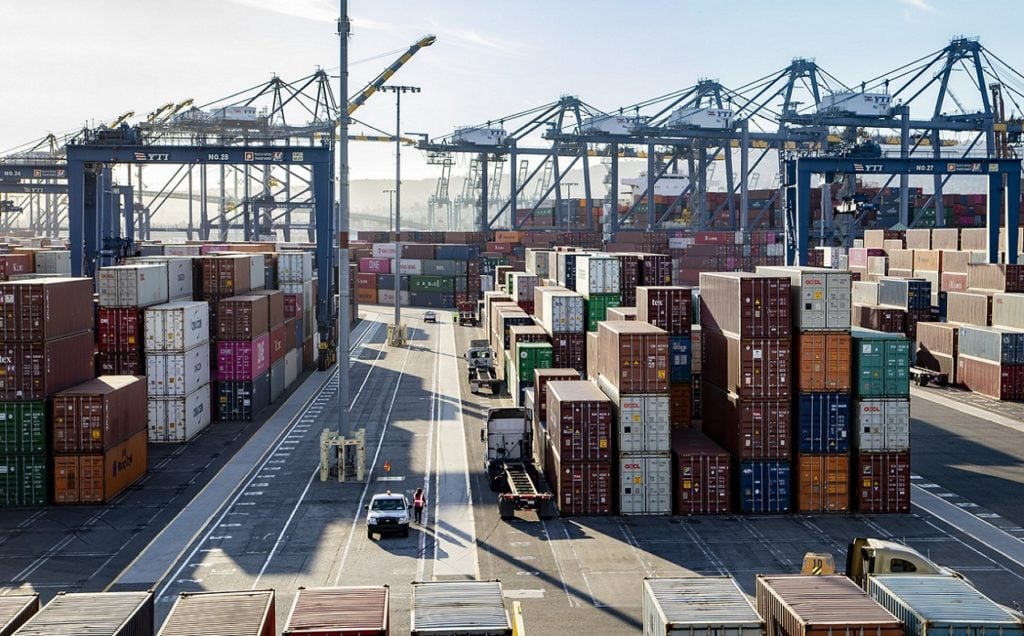
The Chinese government has requested the World Trade Organization (WTO) dispute consultations with the US over subsidies from the Inflation Reduction Act (IRA).
The request, which was circulated on Thursday (28 March), claims that the US’ subsidies favour the production of domestic renewables – and electric vehicles – over imported goods or “discriminate against goods of Chinese origin in violation of provisions under the General Agreement on Tariffs and Trade 1994, the Agreement on Trade-Related Investment Measures and the Agreement on Subsidies and Countervailing Measures.”
Try Premium for just $1
- Full premium access for the first month at only $1
- Converts to an annual rate after 30 days unless cancelled
- Cancel anytime during the trial period
Premium Benefits
- Expert industry analysis and interviews
- Digital access to PV Tech Power journal
- Exclusive event discounts
Or get the full Premium subscription right away
Or continue reading this article for free
The dispute only regards five subsidies – one for electric vehicles – from the IRA including the Investment Tax Credit (ITC) for Energy Property for projects which started construction before 1 January 2025 and the Clean Electricity ITC for projects operational after 31 December 2024. The base tax credit under both ITC programmes is six percent of the qualified investment in the energy property.
Along with the two ITC programmes for renewables, two Production Tax Credit (PTC) subsidies have been brought up to consultation from China; the Production Tax Credit for Electricity from Renewables, over a 10-year period for energy produced on projects that started construction before 1 January 2025 and the Clean Electricity PTC, also over a 10-year period but for energy produced from projects operational after 31 December 2024. The base credit available under both PTC programmes is $0.03/kW, inflation-adjusted.
“Subsidies that violate the WTO Agreement, including subsidies that are contingent upon the use of domestic over imported goods or that otherwise discriminate against imported goods, remain prohibited and threaten to undermine international cooperation on reducing and mitigating the effects of climate change. The subsidies at issue in this request for consultations are of this type,” reads the statement, which can be read here.
Both the ITC and PTC tax credits include bonus subsidy elements depending on the use of domestic products, such as modules and other components of a solar panel. If the domestic content requirements for both the ITC and PTC programmes are met, the tax credit amount can be increased by ten percentage points and 10%, respectively.
The domestic content requirements are similar for either the ITC or PTC tax credits, which is the use of 100% of domestic steel and iron for construction materials, while manufactured products – including PV modules – will need to be 40% produced in the US. However, that number increases to 55% for projects starting construction after the end of 2025.
China’s request for consultation through the WTO comes mere days after two US senators – Jon Ossof and Reverend Raphael Warnock – urged US President Joe Biden’s Administration to support the domestic solar manufacturing industry by lifting an ongoing tariff exemption on bifacial modules, which represent nearly 90% of PV module imports.
Moreover, the Solar Energy Manufacturers for America (SEMA) Coalition recently published a report into the US reliance on Chinese-made modules, calling for a “strengthening [of] the domestic supply chain to produce solar components”.






